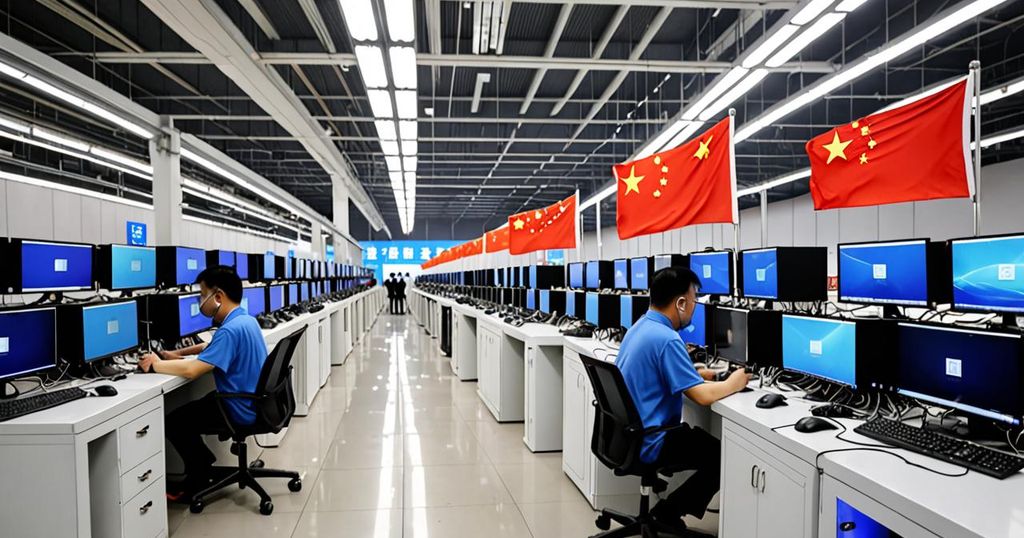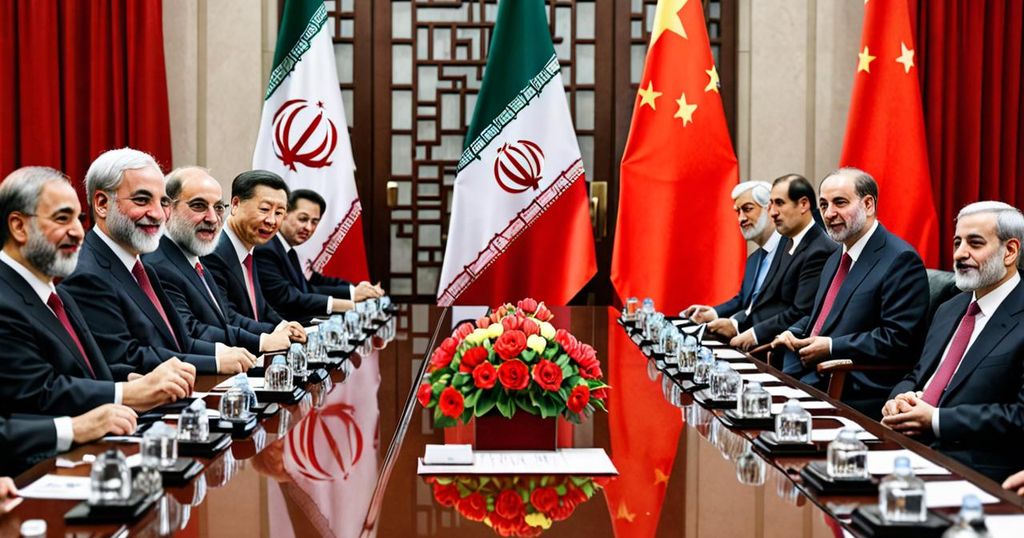China’s movement towards substituting Western technology with domestic alternatives is gaining traction, largely due to mounting pressure from the United States. Government tenders, research papers, and industry insiders have revealed a significant acceleration of this domestic substitution since late 2022, as Beijing aims to decrease its reliance on Western technology in critical sectors.
Government tenders and research documents have confirmed that China has markedly increased its spending on replacing Western-made computer equipment with domestic alternatives. The telecom and financial sectors are expected to be the next sectors targeted for this substitution. State-backed researchers have also identified digital payment systems as particularly vulnerable to hacking from Western sources, further justifying the need for Chinese-made technology to be utilized in these areas.
Information from a finance ministry database has shown that the number of tenders to nationalize equipment doubled from 119 to 235 in the 12 months after September 2022. The value of awarded projects during this period also increased more than triple-fold. Moreover, China reportedly spent a substantial amount on replacing foreign hardware and software in 2022, marking a 16.2% year-on-year increase.
Despite these advancements, analysts have pointed out that China still lacks the advanced chip-manufacturing capabilities necessary to completely replace Western products with locally made alternatives, thereby hindering previous domestic substitution efforts.
Tenders from state-owned enterprises have included sensitive infrastructure, such as intelligence-gathering systems, signifying a concentrated effort to replace foreign-made technology with domestic options. State-linked researchers have underscored the need for China to bolster its financial infrastructure’s anti-hacking defenses due to geopolitical concerns and highlighted the country’s overdependence on chips and software from American companies.
As China intensifies its efforts to utilize more domestic technology, it has notably shifted away from using products from U.S. companies, such as Microsoft and Adobe. State-owned enterprises, under a 2022 order, have been instructed to replace office software systems with domestic products by 2027.
Furthermore, prominent Chinese tech conglomerate Huawei has emerged as a leading firm in this domestic replacement cycle. The company’s enterprise business, including software and cloud computing operations, experienced significant growth in sales, further solidifying its position as a key player in China’s domestic tech market.
While China’s national security concerns justify its push for domestic substitution, there have been concerns about the impact on foreign companies and whether procurement practices are favoring domestic competitors. Analysts have also noted that financial institutions are generally hesitant to switch to Chinese database systems due to higher stability requirements and the current inability of local players to meet these needs.
In conclusion, China’s efforts to replace Western technology with its domestic alternatives continue to gain momentum, impacting various sectors and raising questions about the future of technology procurement and supply chains in the country and beyond. As geopolitical tensions and technological competition persist, the implications of China’s push for self-reliance in the tech industry will undoubtedly reverberate globally.








